
Fast, affordable Internet access for all.


When a community invests in a municipal broadband network, it often does so because it hopes to reap economic benefits from the network. Many people and organizations have explored the positive relationship between municipal Internet networks and economic development, including a White House report published in January 2015. Municipal networks create jobs by ensuring businesses have fast, affordable, and reliable Internet access; the old DSL and cable networks just don't cut it. These networks improve the productivity of existing businesses and attract new businesses to communities, allow individuals to work from home more effectively, support advanced healthcare and security systems, strengthen local housing markets, and represent long term social investments in the form of better-connected schools and libraries. They also create millions of dollars in savings that can be reinvested into local economies.
"Upgrading to higher speed broadband lets consumers use the Internet in new ways, increases the productivity of American individuals and businesses, and drives innovation throughout the digital ecosystem." - Executive Office of President Obama
When municipalities choose to deploy fiber networks, they introduce Internet services into the community that are not only significantly faster than DSL and cable, but more reliable. With more reliable fiber connections, businesses and individuals are far less likely to experience temporary blackouts that can halt productivity in vexing and expensive ways. And because these networks are locally-owned and operated, business owners do not have to spend hours on the phone with an absentee Internet Service Provider like AT&T in the (albeit unlikely) event of a problem.
We at the Institute for Local Self-Reliance have catalogued numerous examples of economic development achievements that have occurred as a result of local governments deploying a municipal broadband network. Below, you can find a wide range of articles, studies, anecdotes, and other resources that speak to the economic successes enabled by municipal networks, organized by topic:
Keep up to date with all things community broadband by subscribing to a once-per-week email with stories about community broadband networks.
Municipal networks create jobs:

Look no further than Morristown, Tennessee, for an example of job creation thanks to municipal fiber. The city took advantage of its local electrical utility, Morristown Utility Systems, to provide gigabit speeds, and businesses jumped at the opportunity. In 2013, Oddello Industries, a furniture manufacturer, brought 228 jobs to the community after investing in a $4.4 million site expansion in Morristown. More recently, a call center looking to relocate to the city was wowed by the municipal utility’s offer to install fiber for free because the city valued the future economic benefits the call center would bring to Morristown over the cost of the fiber installation.
"You can't grow jobs with slow Internet." - Stephanie Rawlings-Blake, Mayor of Baltimore
Municipal networks attract new businesses:
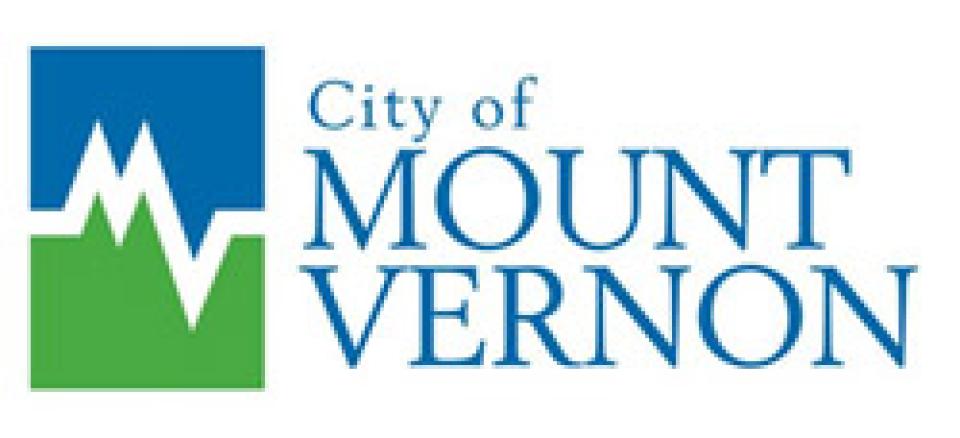
The city of Mount Vernon, Washington has two things in common with our country’s first president, but unlike George, it boasts an impressive municipal broadband network that has attracted high-tech businesses. For example, a digital legal firm, Blank Law, relocated from Seattle to Mount Vernon in order to take advantage of faster speeds offered by the city’s municipal broadband network. While high-speed Internet was not the only reason Blank Law cited for choosing Mount Vernon over other towns (other reasons include quality of life and free parking), it played a significant role. Fiber is rarely the sole reason for a relocation, but it can often be a deciding factor.
"It's almost a feeling of disbelief when we tell companies today we can provide a gig to your business and to your house...These companies want to go where they can see the gig service." - Marshall Ramsey, President of the Morristown, Tennessee Chamber of Commerce
Municipal networks serve existing businesses and keep critical jobs in town:

The small Minnesota town of Windom nearly entered crisis mode when Fortune Trucking, a local company that employed 47 people in a town of 4,600, announced that slow Internet speeds might force it to leave town. Although the company’s headquarters were located a mile outside of the Windom’s jurisdiction, community members successfully lobbied to bring municipal fiber to Fortune, saving those jobs and stabilizing the local economy.
"Municipal broadband can be a powerful lever against the digital divide that condemns people to the isolation and reduced economic opportunities experienced by many of our low-income, disabled, and people of color community members" - Kshama Sawant, Seattle City Councilmember

Municipal networks support home-based productivity:
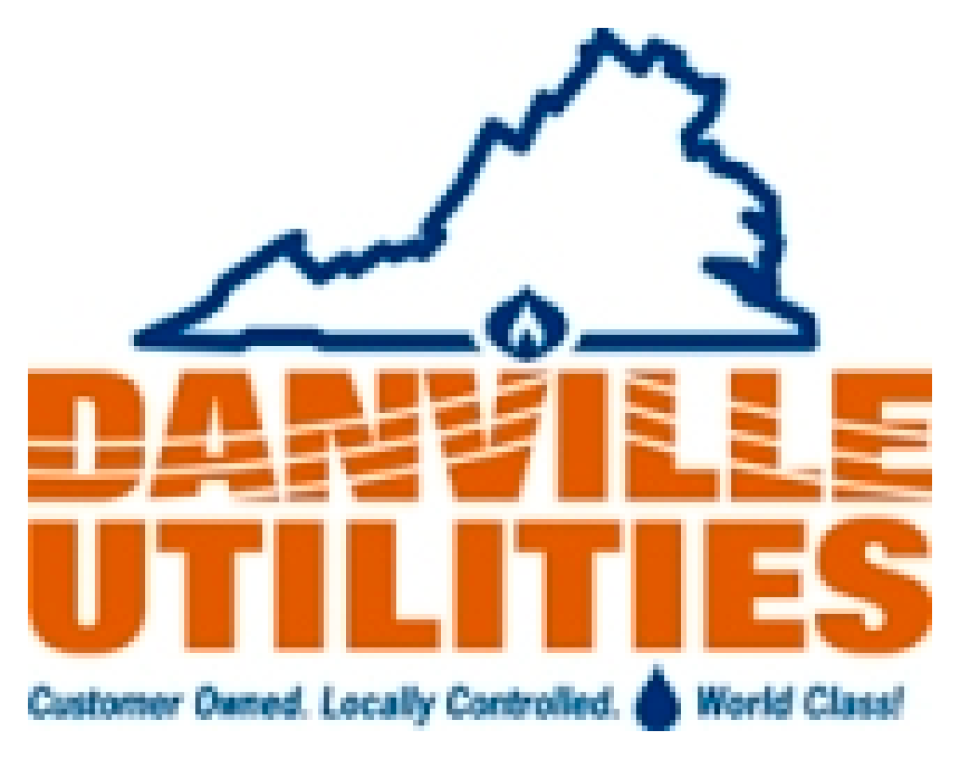
Municipal networks advance healthcare, education, and research:
"We are embarking on new initiatives with our local school district and regional colleges and universities to leverage broadband and to facilitate discussion between schools and the business community to strengthen, retain and attract quality workforce" - Dana McDaniel, Deputy City Manager of Dublin, Ohio
Municipal networks initiate tech booms and incubate start-ups:

"...in the 21st century, in this age of innovation and technology, so much of the prosperity that we're striving for, so many of the jobs we want to create, depend on our digital economy" - President Barack Obama, Speech at Cedar Falls Utilities

Municipal networks save money, which can be reinvested in local economies:
Municipal networks increase home values:
 Photo courtesy of Dennis van Zuijlekom through Flickr Creative Commons
Photo courtesy of Dennis van Zuijlekom through Flickr Creative Commons
General resources on economic development and municipal / broadband networks:
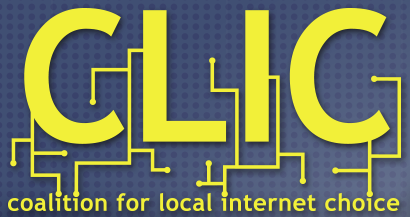
"The message to policymakers is clear: If you want to increase economic growth, focus on broadband." - Robert Pepper, Vice President of Global Technology Policy at Cisco
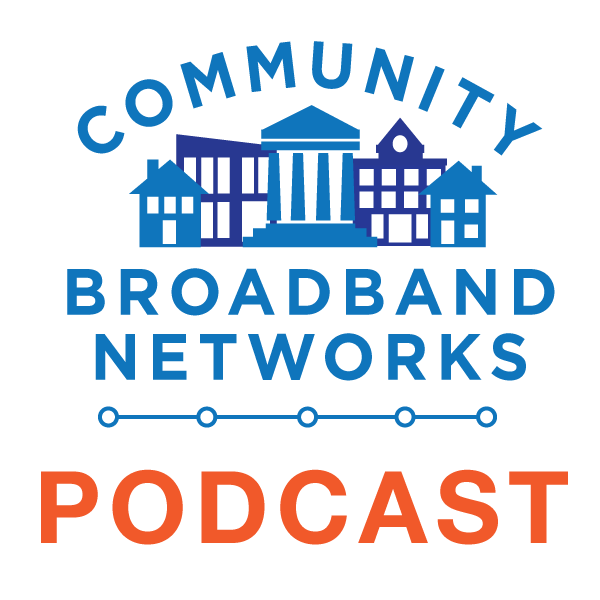
Video and audio resources on economic development and municipal networks:
"Having the infrastructure in place around technology, as well as the asset of this really historic and charming downtown, is a really interesting intersection and I think a lot of people are drawn to that." - Kimberly Van Dyk, Director of Planning and Community Revitalization of Wilson, North Carolina
In a recent report, WBIR Knoxville shined the spotlight on Morristown. The article and video discuss how FiberNET has improved its telecommunications landscape by inspiring competition, offered better connectivity to the region, and how state law prevents other towns from reaping similar benefits. We encourage you to watch both of the videos below.
Morristown's utility head describes how it considers high-speed Internet access to be a necessary utility:
"You had railroads, you had interstates, and this is the new infrastructure cities need to have," said Jody Wigington, CEO of Morristown Utility Systems (MUS). "To us, this really is as essential to economic development as having electricity or water."
Morristown began offering gigabit service via its FTTH network in 2012. It began serving residents and businesses in 2006 because the community was fed up with poor service from incumbents. Since then, FiberNET has stimulated economic development, saved public dollars, and boosted competition from private providers.
Prices for Internet access are considerably lower in Morristown than similar communities. From the article:
Morristown's Internet service is more expensive than Chattanooga, but much faster than the rest of the region at a comparable price. A 100 Mbps synchronous connection is $75 per month. Advertised rates for Comcast in Knoxville show a price of almost $80 per month for a 50 Mbps connection with much slower upload speeds. A 50 Mbps connection in Morristown costs $40 per month. The cable Internet option in Morristown is Charter, with an advertised price of 35 Mbps for $40 a month.
As we have seen time and again, the presence of a municipal network (nay, just the rumor of one!) inspires private providers to improve their services. AT&T offers gigabit service in Morristown and Comcast has announced it plans on offering 2 gigabit service in Chattanooga.
Even though there are several publicly owned networks in Tennessee, existing state statutes create barriers discouraging investment. This year, there is a movement at the state Capitol that may change the environment.
The Jolt Digest and CivSource recently reported that four bills aimed at expanding municipal networks in Tennessee have strong support in Nashville. These Tennessee bills are a refreshing change from bills that are pushed by the cable and telephone companies to limit investment in next-generation networks.
However, these bills are often killed quickly in committee or subcommittee due to the tremendous lobbying power of the big cable and telephone companies.
According to the Jolt Digest, two bills are location specific. From the article:
S.B. 2005 and H.B. 1974 would expand the municipal electric system’s provision of broadband service in Clarksville, Tennessee’s fifth largest city, while S.B. 2140 and H.B. 2242 would allow Trousdale County to contract with a rural electric cooperative to provide broadband services.
As the rules stands, municipal electric utilities that offer broadband cannot expand beyond their electric service territory. Clarksville would like to reach out further to offer services to schools, hospitals, and industrial parks. CDE Lightband now provides a gig product that community anchors need. According to Christy Batts at CDE Lightband, the network recently upgraded residential customers without raising rates. The lowest Internet access speed available to new customers is now 50 Mbps for $44.95 per month.
Located in the northeast corner of Tennessee, Morristown Utility Systems (MUS) offers gigabit broadband throughout a region that covers 30,000 residents and businesses. I recently spoke with MUS General Manager and CEO, Jody Wigington, about FiberNET’s progress and he had much to report, starting with over $5 million in cost savings for local businesses, residents, and the local government itself.
Asked about cost savings to Morristown’s city government, Wigington pointed to $840,000 in total savings from a smart meter program - a combination of lower annual power consumption and operational efficiencies. Another $20,000 in annual savings is due to the county not having to pay out-of-town IT contractors to maintain its network because the required expertise can now be found locally thanks to MUS’s dedicated network specialists.
Morristown businesses and residents are also saving, to the tune of $3.4-million annually thanks to FiberNET’s introduction of lower prices in the local broadband market. That’s $3.4-million, every year, which can be spent locally rather than being siphoned out of the community to corporate shareholders.
In terms of revenue, FiberNET generated $8.6-million during the most recent fiscal year and is projected to generate $8.8-million during the current one. FiberNET's solid financials have translated into increases in MUS’s payments in lieu of taxes (PILOT) to the city, which now amount to $350,000 per year, up from $150,000 in 2010. FiberNET’s strong financial performance resulted in MUS becoming cash flow positive just two years after launch, and net income positive after five years. Both of these key milestones were reached significantly quicker than initially projected.
MUS FiberNET’s impact on economic development is also notable. Oddello Industries, a contract furniture manufacturer that relies on FiberNET for its communications, recently announced a $4-million expansion in Morristown, resulting in 228 new jobs. Oddello CEO, Tom Roberts, cited “reliable utilities” among the reasons for investing in Morristown. This growth is part of a larger trend for Oddello, which has grown its Morristown presence from 35 to 415 employees in just the past year.

Located in the northeast corner of the state of Tennessee, Morristown Utility Systems offers FiberNET to Morristown's 30,000 residents and businesses. MUSFiberNET is another community that decided to take control of its destiny and invest in a municipal broadband network. And by offering 1 Gbps anywhere in the community, Morristown is in the ultra-elite category of broadband in America.
We featured Morristown in one of the Muni FTTH Snapshots way back in June of 2009. They were doing well at the time but this great news shows how Morristown has brought next-gen, affordable, and reliable capabilities to anyone who wants it.
MUS FiberNET was built in 2006 and maintains a list of reasons why their network is superior to competitors. To advertise their incredible high capacity network, they developed this great billboard:
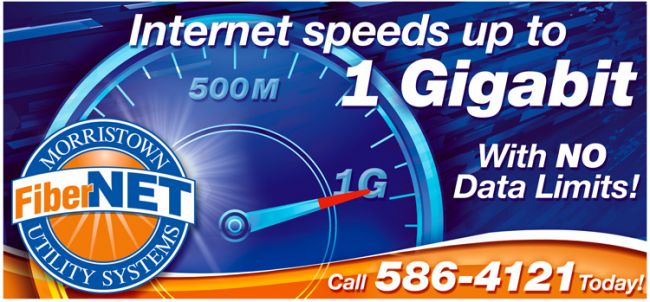 Morristown's Gig announcement never received the attention given to Chattanooga or Google's roll-out in Kansas City, which is unfortunate.
For commercial users, the Gig runs $849.00 per month, a ridiculously inexpensive price point compared to what large carriers commonly charge for the service. Morristown Schools are also taking advantage of the network, including making full use of the gig service. Residential prices vary from 6 Mbps/4 Mbps, download and upload speeds, for $34.95 to 20 Mbps/10 Mbps for $74.95 and MUS FiberNET also offers a variety of triple-play bundles.
Morristown's Gig announcement never received the attention given to Chattanooga or Google's roll-out in Kansas City, which is unfortunate.
For commercial users, the Gig runs $849.00 per month, a ridiculously inexpensive price point compared to what large carriers commonly charge for the service. Morristown Schools are also taking advantage of the network, including making full use of the gig service. Residential prices vary from 6 Mbps/4 Mbps, download and upload speeds, for $34.95 to 20 Mbps/10 Mbps for $74.95 and MUS FiberNET also offers a variety of triple-play bundles.
Like many other communities in Tennessee, Morristown has few choices for service from private providers. After promising the state legislature major investments in Tennessee in return for favorable legislation, AT&T decided to only served high end, dense neighborhoods, as we have seen just about everywhere else.
Communities that are satisfied with last generation connections and having no control over the networks on which they depend can make do with AT&T and cable companies. But those who want universal access to fast, affordable, and reliable services should consider building a community fiber network.